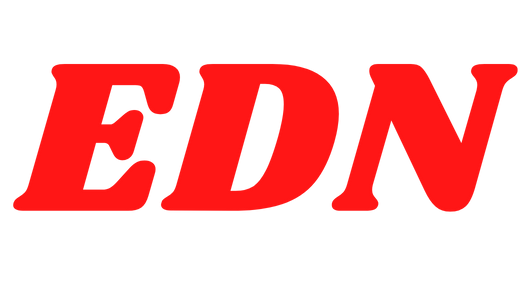
Although the hikes won't be as significant as they were in 2022, Schneider was cited as saying in an interview that will be published in Frankfurter Allgemeine Zeitung on Sunday that "we have some catching up to do over the full year."
The largest food company in the world, which manufactures KitKat chocolate bars and Nescafe, reported organic sales growth of 8.5% in the first nine months of 2022, with price increases accounting for 7.5 percentage points of that gain.
As a result of rising food and energy costs, inflation has reached multi-decade highs in many industrialised economies.
Nestle Will Also Hike Prices in European Markets
Nestle is a Swiss company that makes food products. According to its website, Nestle has operations in over 100 countries around the world and has a presence in more than 100 countries.
Nestle was founded in 1866 by Henri Nestlé (1814–1906), who developed infant formula at his factory in Lausanne, Switzerland. The company's headquarters are located near Lake Geneva near Vevey; they also have manufacturing plants in Switzerland and other locations throughout Europe including Germany, France and Italy. In addition to beverages like bottled water or coffee creamer packets—which typically cost $1-$2 each—they make baby formula for babies as well as other foods such as soup mixes for adults who want something quick but don't want all those calories from pasta!
Nestle's decision is being held back by low milk supplies in certain parts of the world.
Nestle's decision is being held back by low milk supplies in certain parts of the world. Nestle CEO said: "The food prices are going up and we have to pass on some of that."
Nestle has been struggling with low milk supplies, which has made it difficult for them to increase their sales and profits.
In other regions, Nestle can increase prices as much as it wants.
Nestle can increase prices as much as it wants.
Nestle has a lot of power over the food market. The company is one of the world's largest food manufacturers and suppliers, with a share of around 30% in global baby formula sales (according to research from Euromonitor International). It also sells some other products that may be affected by price hikes: it has an online store called Milk Street where customers can order milk or eggs delivered directly to their doorsteps in some countries like Germany and Switzerland; they also sell readymade meals through Mom & Me stores that are similar to convenience stores but without alcoholic beverages but with higher margins than supermarkets because they're smaller in size compared with those found at big shopping malls where consumers need more space for parking their cars since parking lots usually cost more money than other places such as garages which tend not only offer cheaper rates but also offer spaces closer together so you won't have trouble finding one when needed most often during peak hours when everybody else needs one too!
Food inflation is also pushing up average food costs for consumers, according to Nestle's CEO.
Nestle has warned that food inflation is also pushing up average food costs for consumers, according to CEO Mark Schneider.
"The price increase in foods is a problem," he said at the company's annual meeting on Thursday. "It's not only a problem for us but also for our customers."
Food inflation is one of the main drivers of rising prices across all sectors of the economy, including housing, healthcare and education—and it’s having an impact on all those who rely on them for daily sustenance.
Nestle makes most of its money off of sales of baby formula and many of its products are expensive. Nestle makes most of its money off of sales of baby formula and many of its products are expensive. Nestle's decision is being held back by low milk supplies in certain parts of the world.
The company's sales have been growing since the economic crisis, but they're not growing fast enough. (Source: Bloomberg)
The company's sales have been growing since the economic crisis, but they're not growing fast enough. (Source: Bloomberg)
The Swiss food giant has seen growth of around 5% annually over the past few years and it's targeting an annual revenue increase of 7% by 2022. However, this target is based on a number of assumptions about demand for its products, including rising incomes in developing markets. It also assumes low milk supplies in certain parts of the world will continue to keep prices high for consumers there—and thus limit revenue growth from other parts of Nestle's business where demand isn't as strong.


.webp)

.webp)
0 Comments